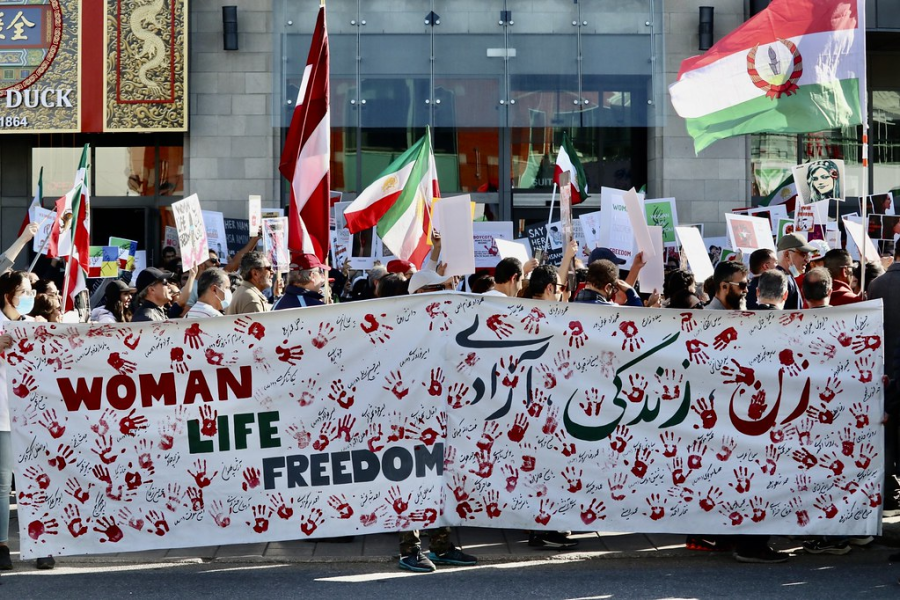Hijab and a Woman’s Right to Free Will
February 6, 2023
Across the world, millions of Muslim women wear the hijab as a personal choice. The hijab is an act of worship and a symbol of their religious devotion. However, in recent times, the hijab has become politicized, with many different laws being issued; putting women’s choice in jeopardy.
In the past 40 years, people in Iran have been subject to an oppressive theocracy known as the “Islamic Republic.” Under this regime, women are forced to wear the hijab with complete disregard to their religious free will. In an attempt to enforce the religion, Iran’s government has gone against Islam’s essential values of personal choice. According to Islamic theology, while the hijab is mandatory, it is still a woman’s choice whether or not she adheres to it. Forced acts of worship are strictly forbidden.
On September 10th, Iran’s “Morality” Police arrested Mahsa Amini, a 22-year old woman, for not wearing the hijab “correctly”, later killing her in custody. Her unjust murder sparked an array of protests across the country that still continue four months later. Recent protests have been led by younger generations, eager to put an end to decades of oppression, and setting them apart from past attempts. However, government reaction to these protests has been violent with many protesters being arrested and killed.
These acts of opposition from Iran’s citizens have garnered attention from all across the world. Women have cut their hair in solidarity with the women in Iran. Even Iran’s soccer team refused to sing along to their national anthem during the FIFA World Cup to protest their country’s oppressive regime in front of a global audience.
Despite the media support and months of protests, Iran’s government has made no retreats in their strict policies. Over 500 protesters have been killed by authorities since the protests began. New laws pose prosecution of those encouraging more relaxed hijab and dress, facing up to 10 years in prison for “moral corruption.” Lawmakers have also suggested using new face recognition technology to identify women breaking the hijab laws.
Whether to wear the hijab or not, women in Iran and across the world are fighting for the same goal: free will.






